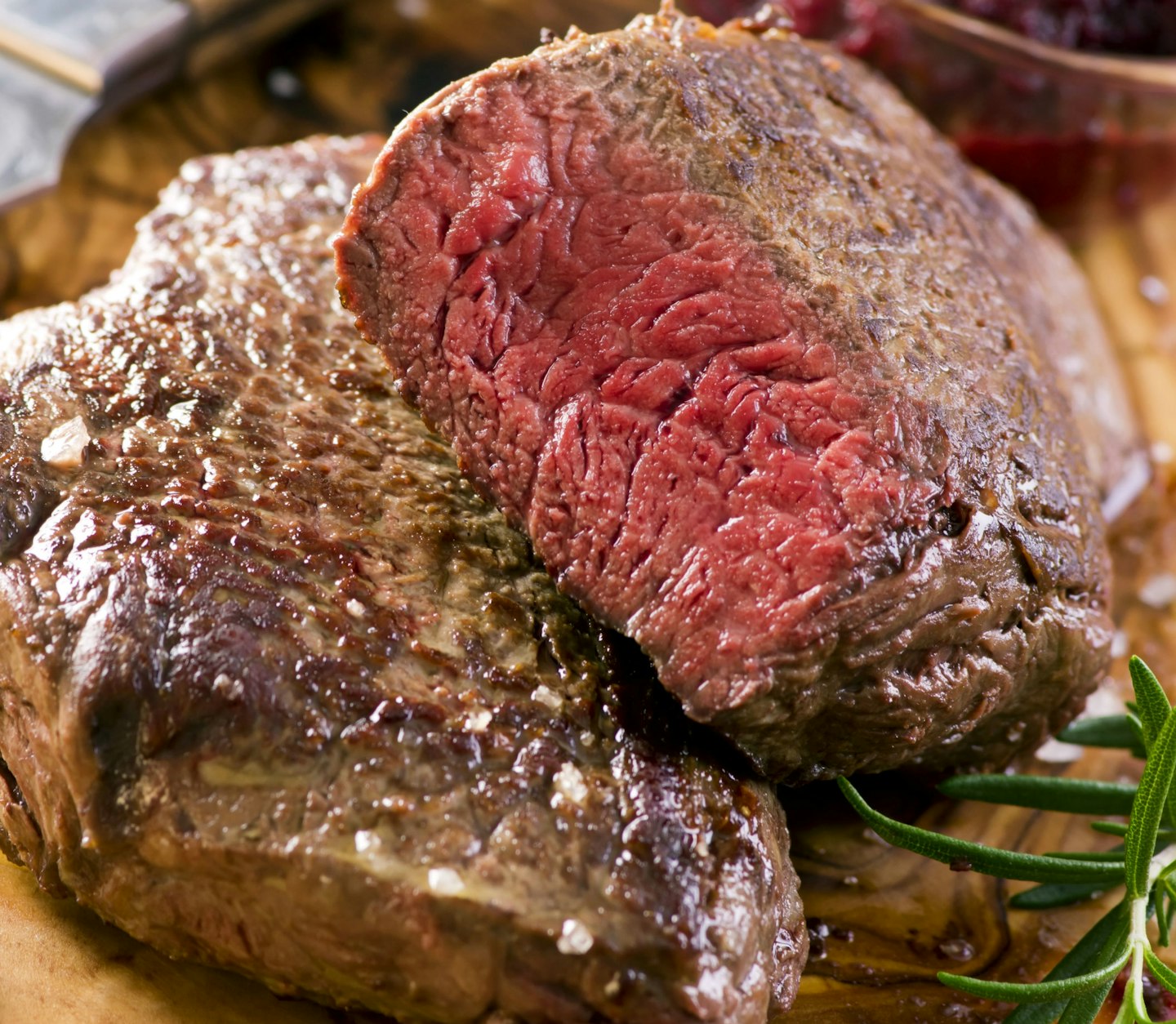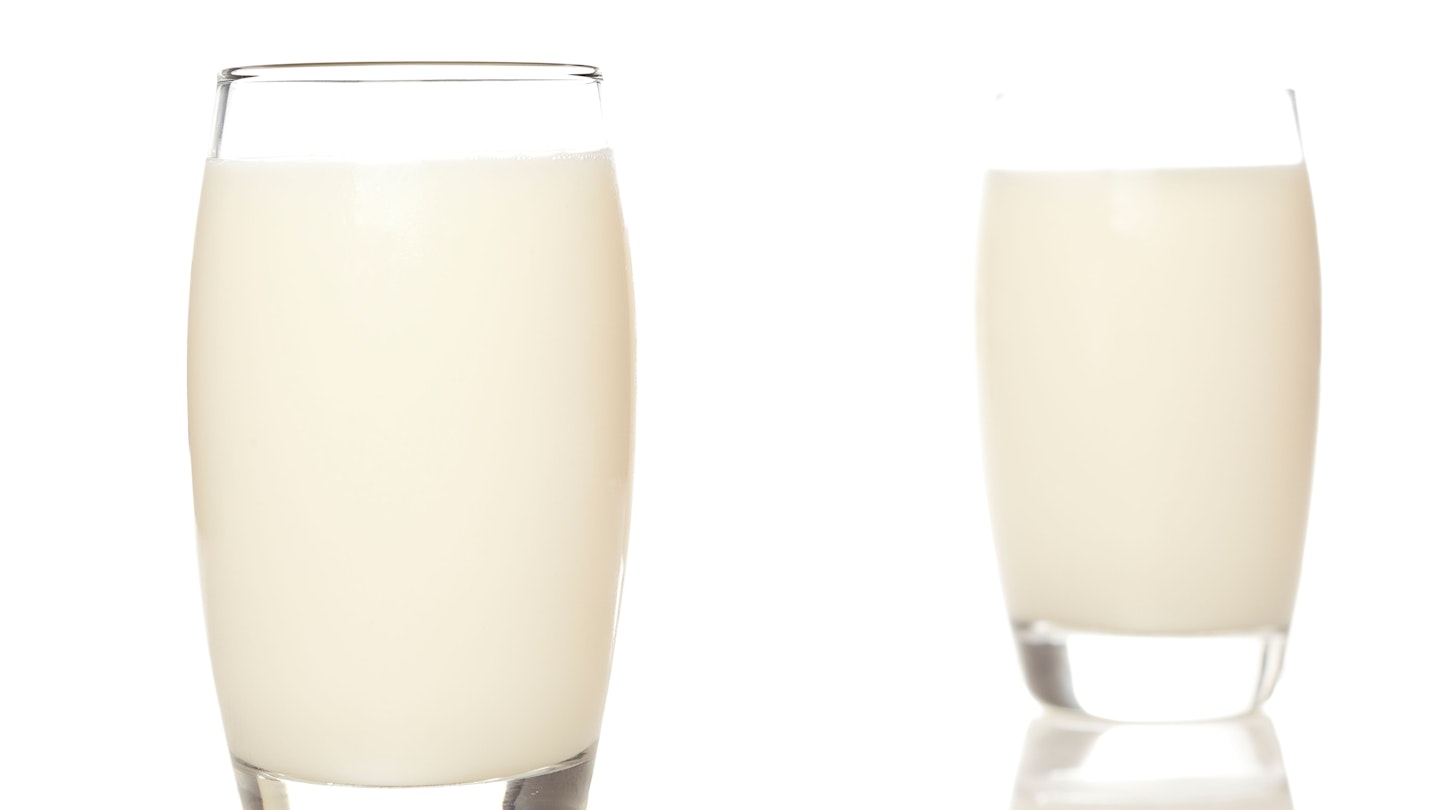Walking around the supermarket, it’s easy to notice the difference between buying organic – the price tag.
But, whether we buy it or not, many of are not really sure exactly what the difference between organic and bog-standard food is, and more importantly, exactly what improvements to our health going organic can really have.
Well, a new study published in the British Journal of Nutrition has looked organic meat and dairy and have found that there’s an amazing 50 per cent MORE omega-3 fatty acids.
They also found that the organic options were more highly concentrated in other essential minerals and antioxidants.

Newcastle University, who led the study, analysed data across the world to get their results, reviewing over 250 different research papers.
Considering how important it is to a healthy, nutritional diet, the increased intake of essential fatty acids by simply going organic could have a significant effect on peoples overall health.
Chris Seal, Professor of Food and Human Nutrition at Newcastle University explains:
"Omega-3s are linked to reductions in cardiovascular disease, improved neurological development and function, and better immune function.
"Western European diets are recognised as being too low in these fatty acids and the European Food Safety Authority (EFSA) recommends we should double our intake.
"But getting enough in our diet is difficult. Our study suggests that switching to organic would go some way towards improving intakes of these important nutrients."
What is the definition of organic food?
Put simply, organic food is grown in a more natural way. Leading nutritionist Claudia Norris explains:
"Organic animals are treated differently to non-organic animals, as they generally have a higher welfare and more space to roam.
"They also undergo no hormone treatment (used to increase milk production in non-organic cows) or to accelerate growth and weight of the livestock. Organic animals are banned from routine antibiotics, and have a natural, GMO-free diet."
In fruit and vegetables, organic means they've been grown without the use of chemicals like pesticides, synthetic fertilizers and genetically modified fertilisers.
Why do we need omega 3 fatty acids rich food?
As many of us know, these are the good fats we need in our diet. They are essential in order for the body to function properly. Claudia explains:
"Omega 3 fatty acids are best known for reducing LDL cholesterol and joint stiffness. They are also important for hormone production, neuro-transmitter balance, skin health and more. They are considered essential because they cannot be made in the body. We can only derive them from the foods we eat."
"Many of us simply aren’t getting enough of these good fats," says Claudia.
"I see this in my practice all the time; clients present with constipation, mood swings or depression, fatigue, weight gain, dry skin, hormonal imbalance and high cholesterol. Introducing food high in omegas can made a big difference."
Lots of fatty acids are usually found in fish, so if you’re not a big eater of the swimmers, switching to organic meat could boost your intake. If you’re meat-free, you’ll need to up your intake of need and seed to ensure you’re getting enough of the stuff.
Thanks to Claudia Norris leading nutritionist and creator of www.happyinbody.com
